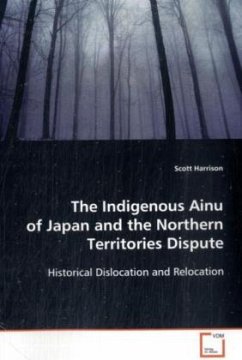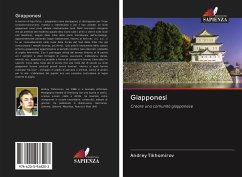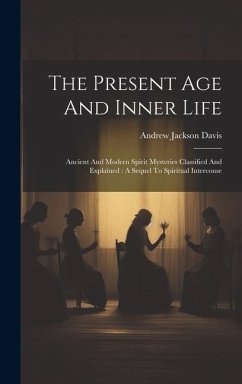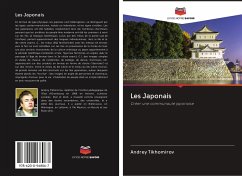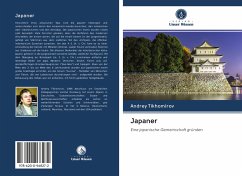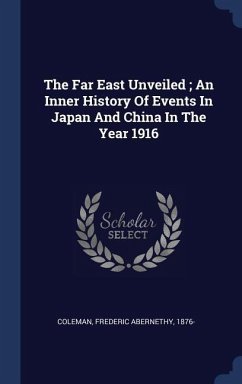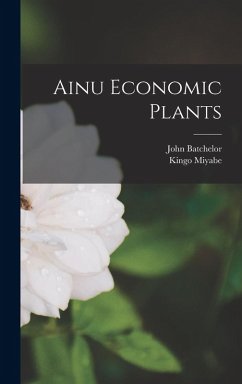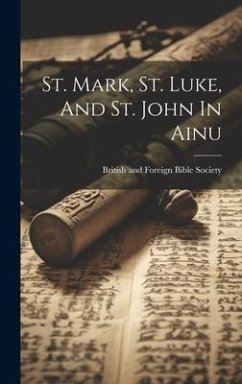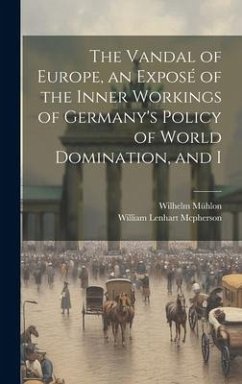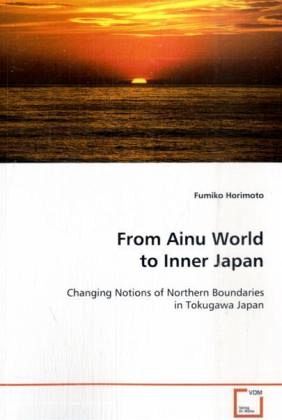
From Ainu World to Inner Japan
Changing Notions of Northern Boundaries in Tokugawa Japan
Versandkostenfrei!
Versandfertig in 6-10 Tagen
52,99 €
inkl. MwSt.

PAYBACK Punkte
26 °P sammeln!
Japan's master narrative of national homogeneity tends to deny the existence of Ainu people as an ethnic minority group. Today many people think Hokkaido island has been an integral part of Japan since ancient times, but before the modern notion of boundaries emerged, Ezochi (present-day Hokkaido), or Ainu land, was considered to be foreign barbarian territoy outside Japan. This book explores historically the northern frontier of the Japanese state in the pre-Meiji times and looks at the process how the China-centered worldview was replaced by the modern notion of boundaries in late Tokugawa J...
Japan's master narrative of national homogeneity
tends to deny the existence of Ainu people as an
ethnic minority group. Today many people think
Hokkaido island has been an integral part of Japan
since ancient times, but before the modern notion of
boundaries emerged, Ezochi (present-day Hokkaido),
or Ainu land, was considered to be foreign barbarian
territoy outside Japan. This book explores
historically the northern frontier of the Japanese
state in the pre-Meiji times and looks at the
process how the China-centered worldview was
replaced by the modern notion of boundaries in late
Tokugawa Japan. Focus is placed on the Tokugawa
intellectuals' perceptions of Ezochi and the
northern boundaries, as the author believes the
changing notions of borders became the driving force
behind the incorporation of Ainu land into inner
Japan. This book also examines the social, economic,
and external conditions surrounding Ezochi at the
time, which turned the Tokugawa elite's attention to
the northern island. Thus, this book provides
insightful and useful information for students and
scholars who are interested in the Ainu and Japanese
history.
tends to deny the existence of Ainu people as an
ethnic minority group. Today many people think
Hokkaido island has been an integral part of Japan
since ancient times, but before the modern notion of
boundaries emerged, Ezochi (present-day Hokkaido),
or Ainu land, was considered to be foreign barbarian
territoy outside Japan. This book explores
historically the northern frontier of the Japanese
state in the pre-Meiji times and looks at the
process how the China-centered worldview was
replaced by the modern notion of boundaries in late
Tokugawa Japan. Focus is placed on the Tokugawa
intellectuals' perceptions of Ezochi and the
northern boundaries, as the author believes the
changing notions of borders became the driving force
behind the incorporation of Ainu land into inner
Japan. This book also examines the social, economic,
and external conditions surrounding Ezochi at the
time, which turned the Tokugawa elite's attention to
the northern island. Thus, this book provides
insightful and useful information for students and
scholars who are interested in the Ainu and Japanese
history.



